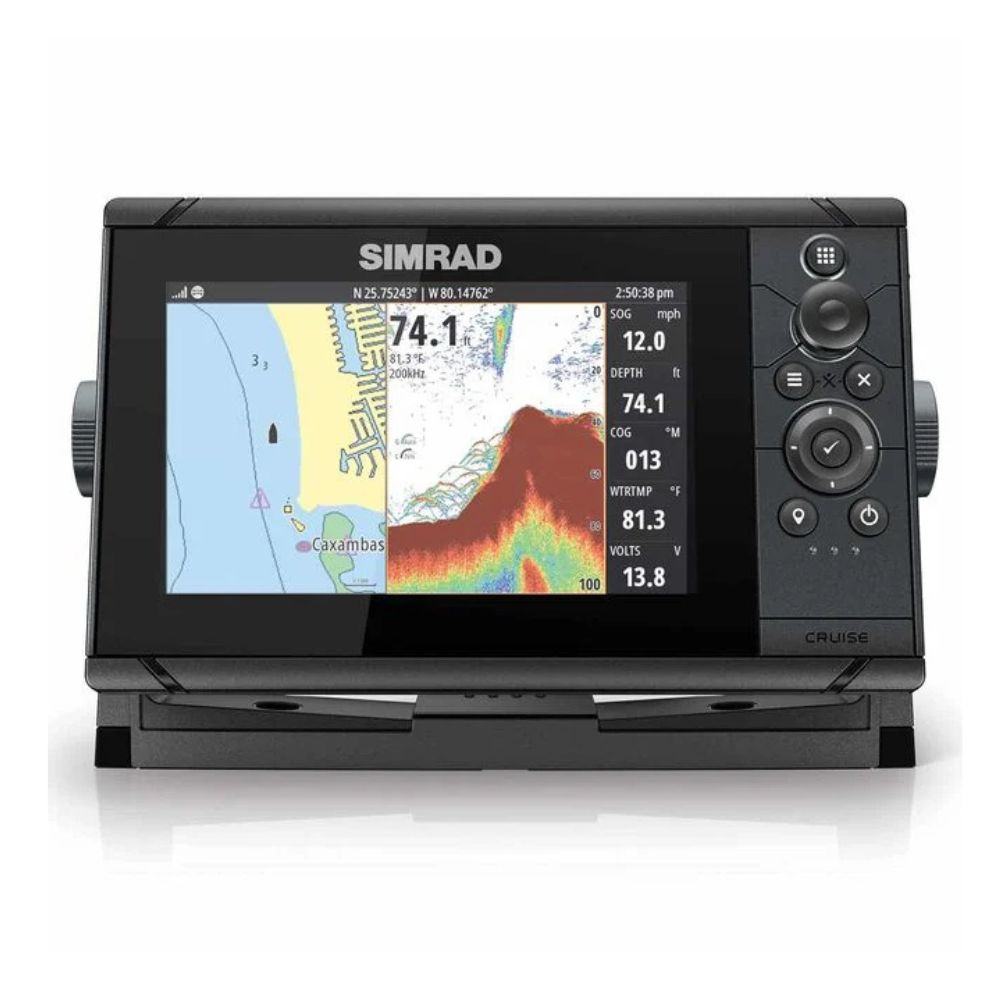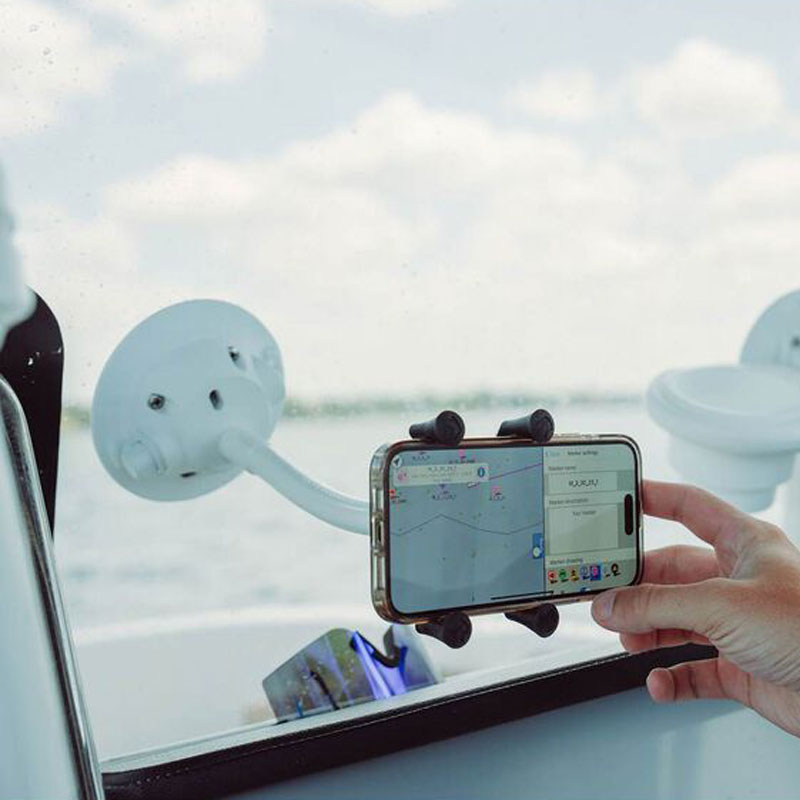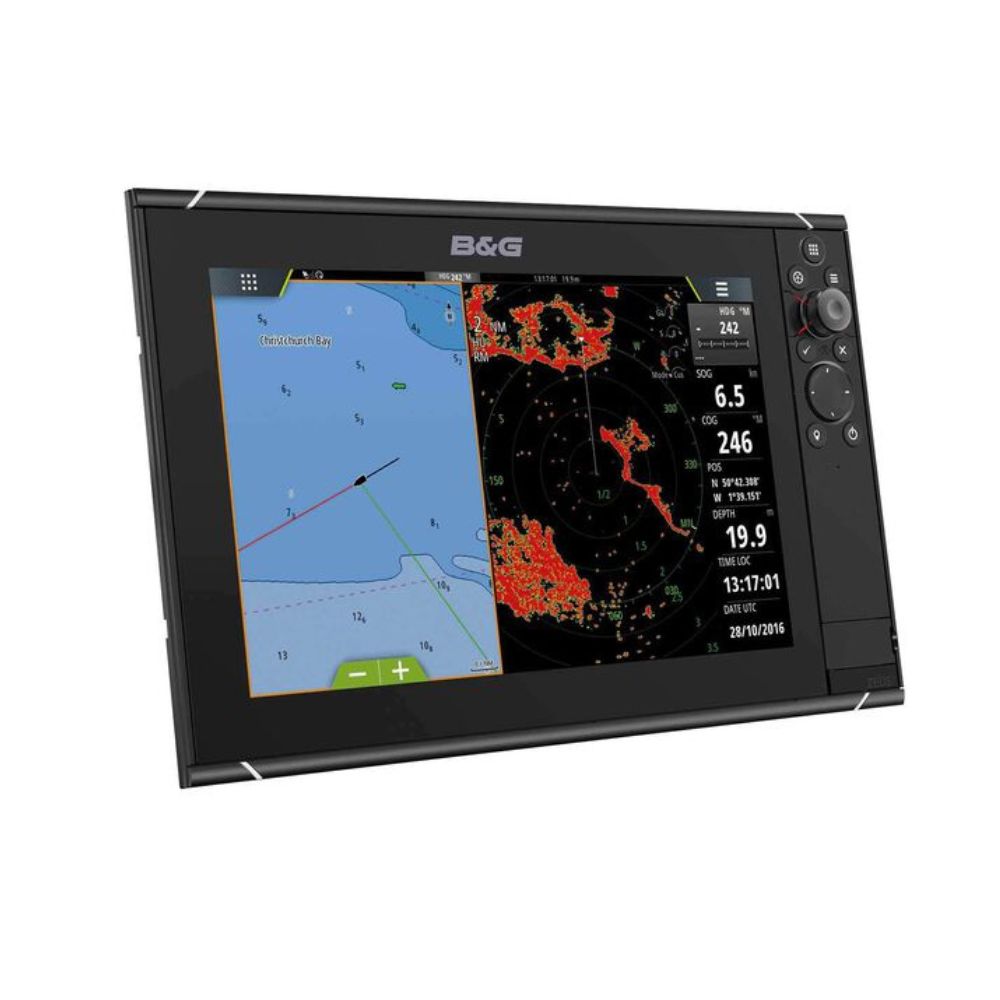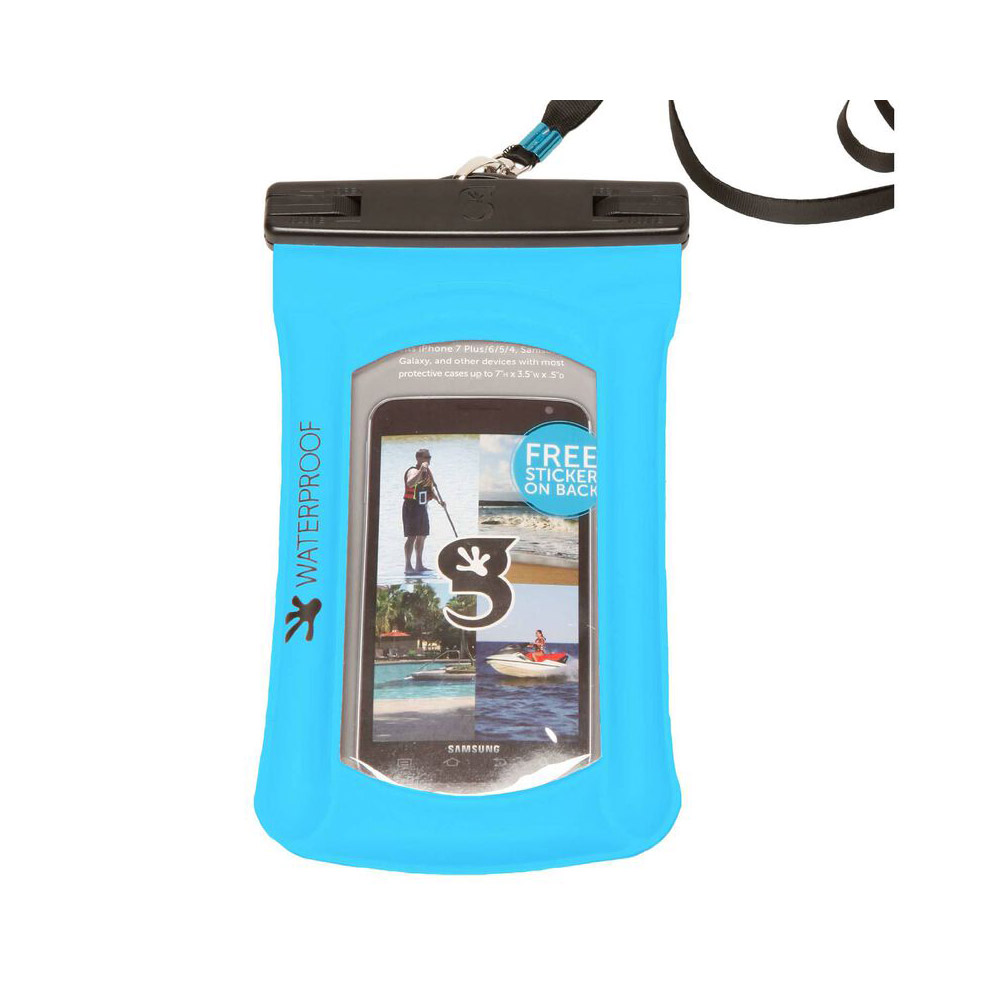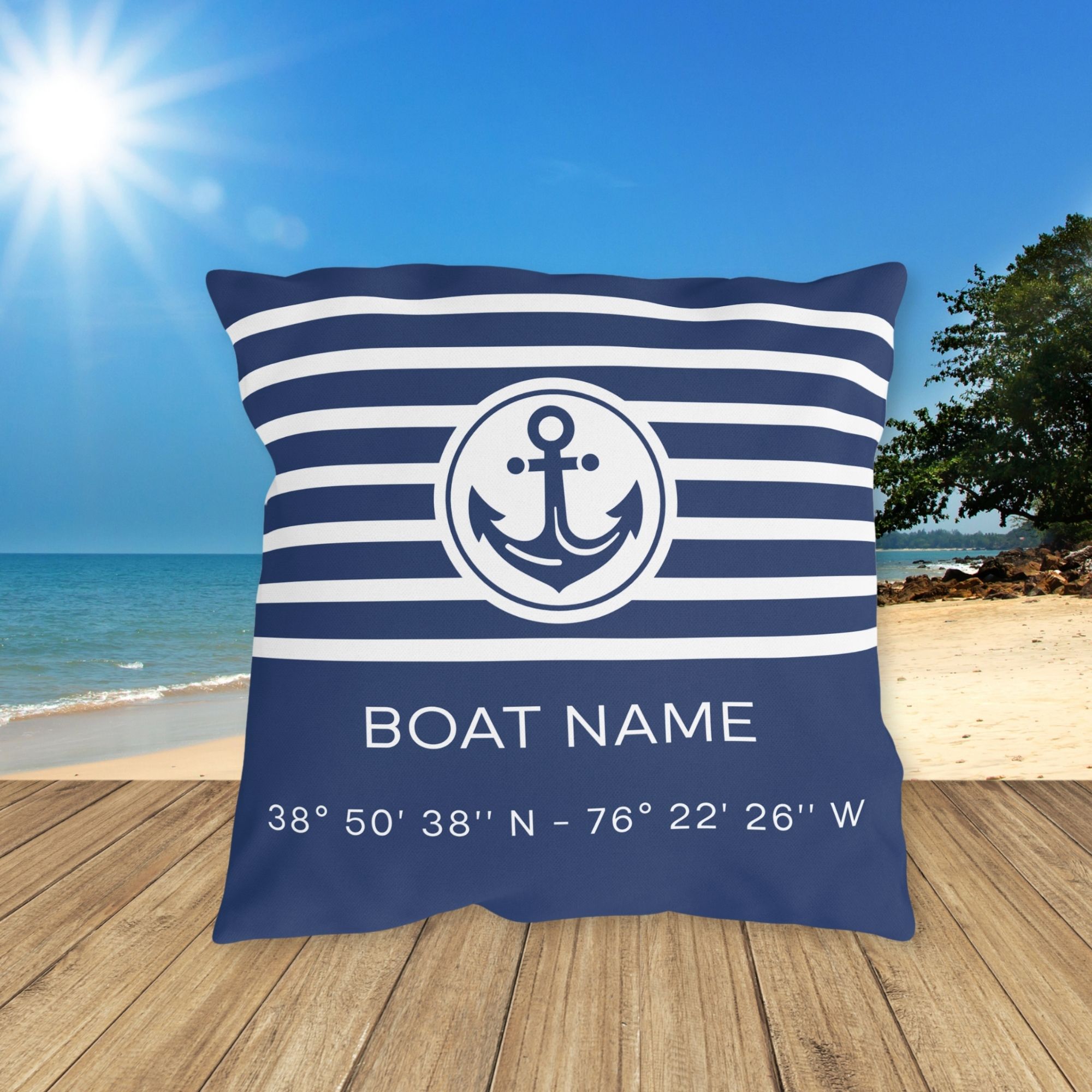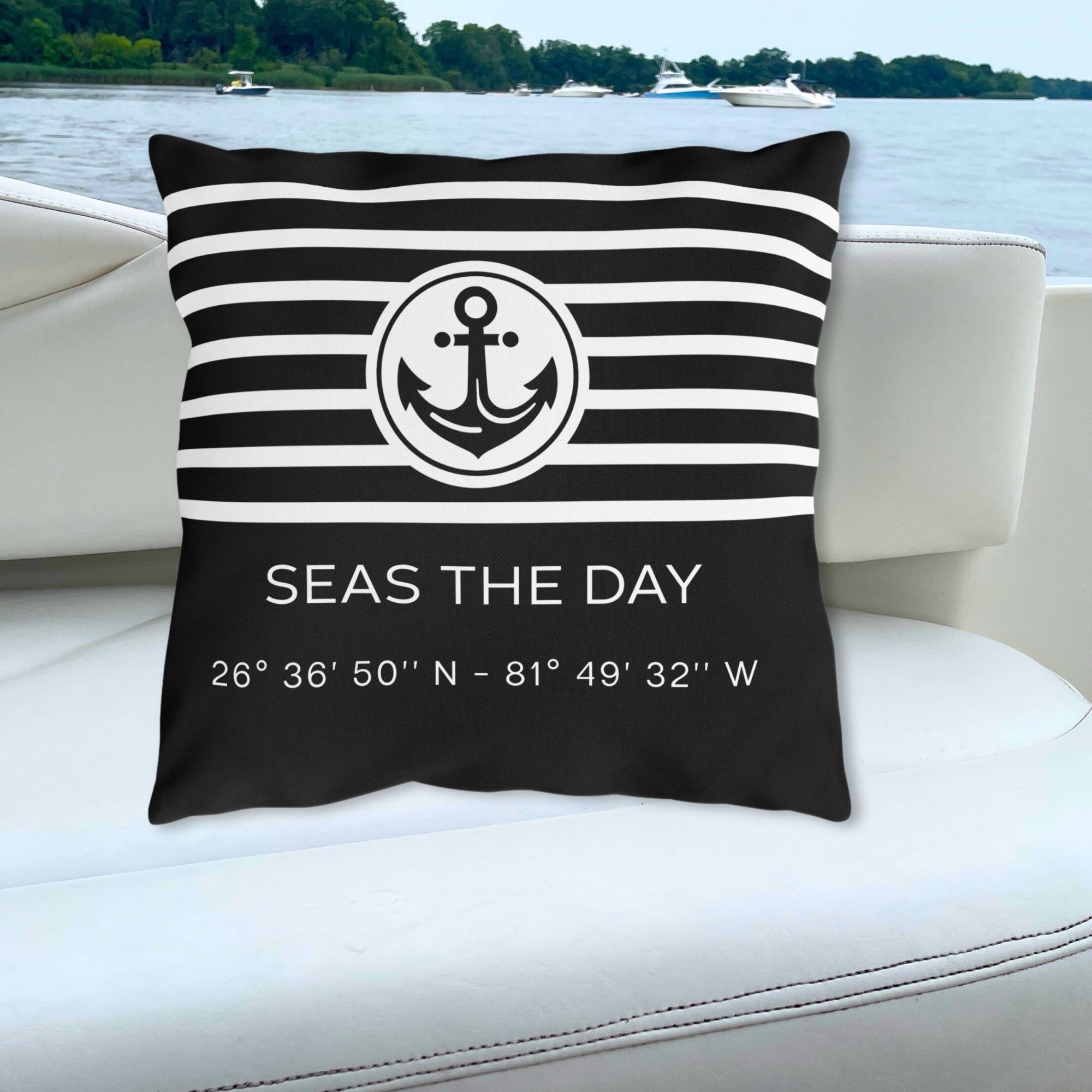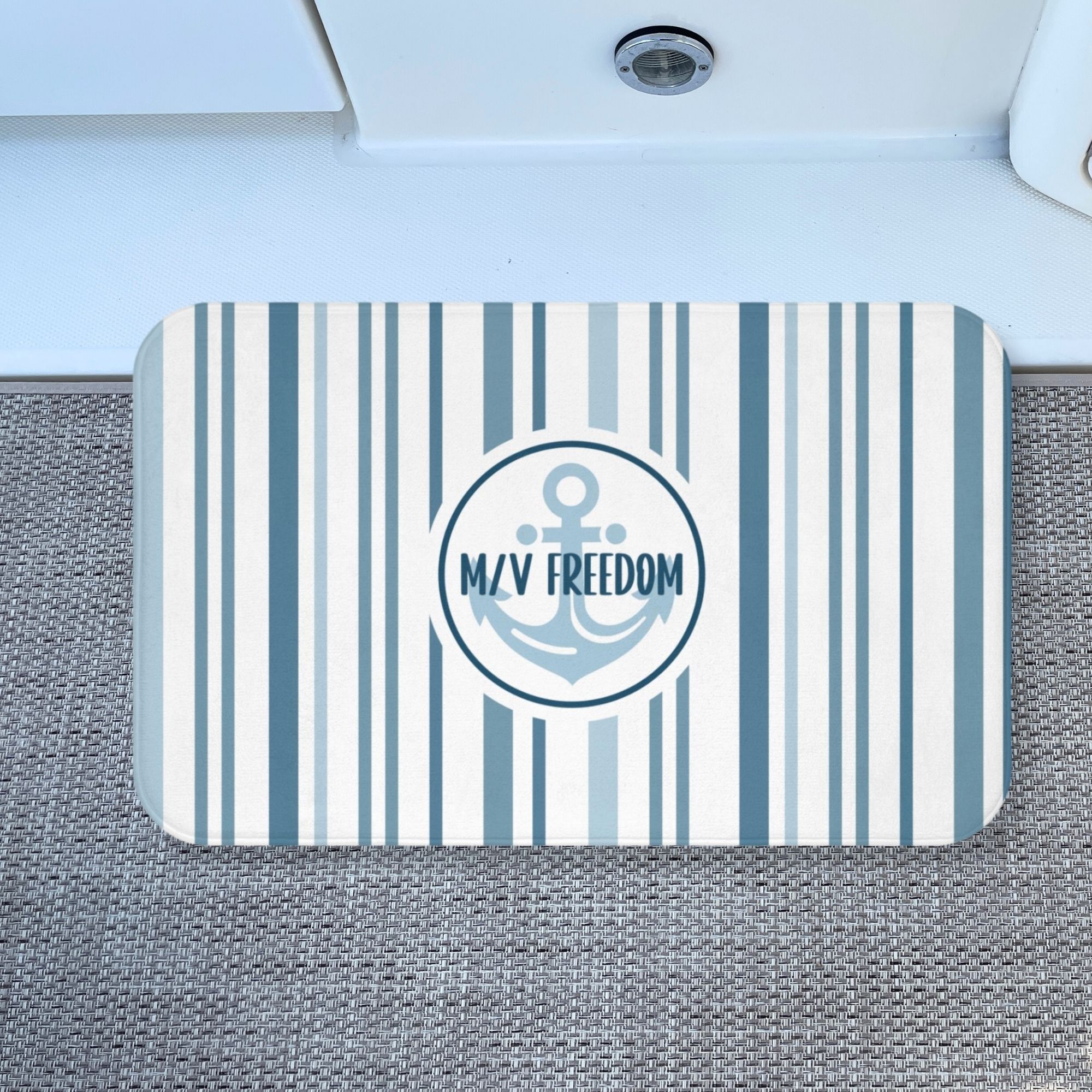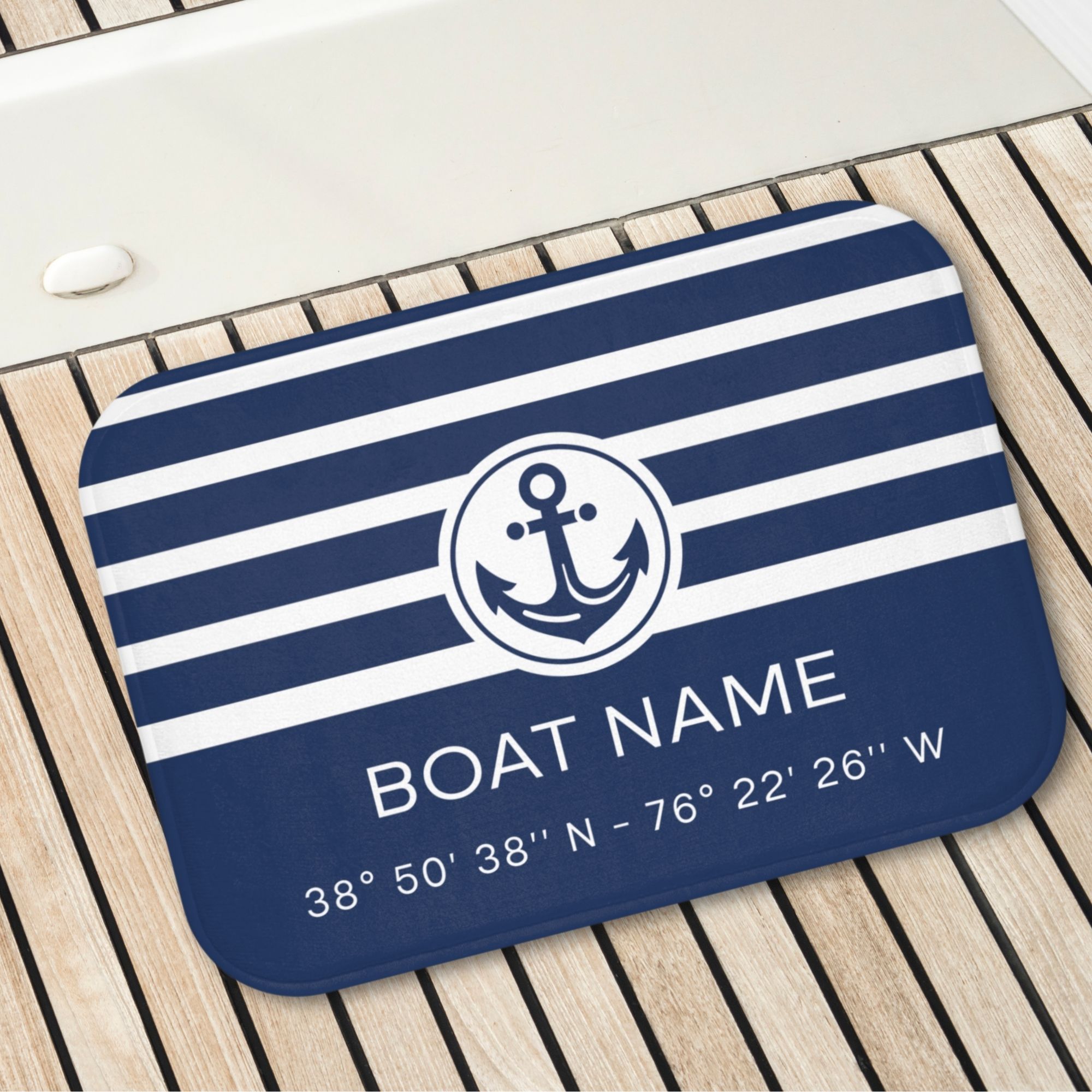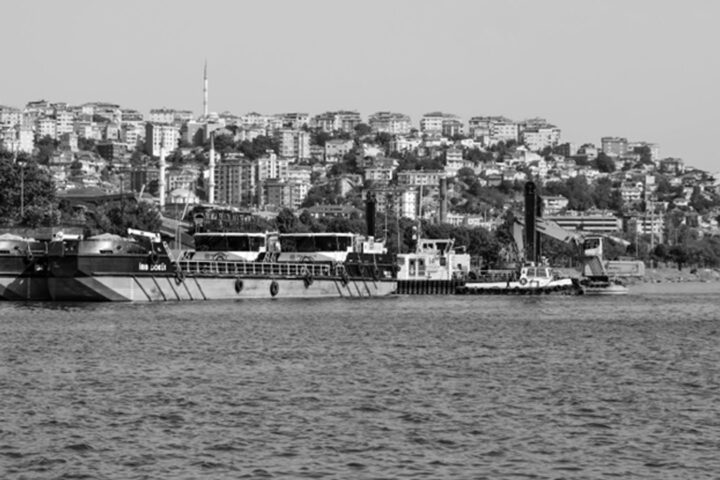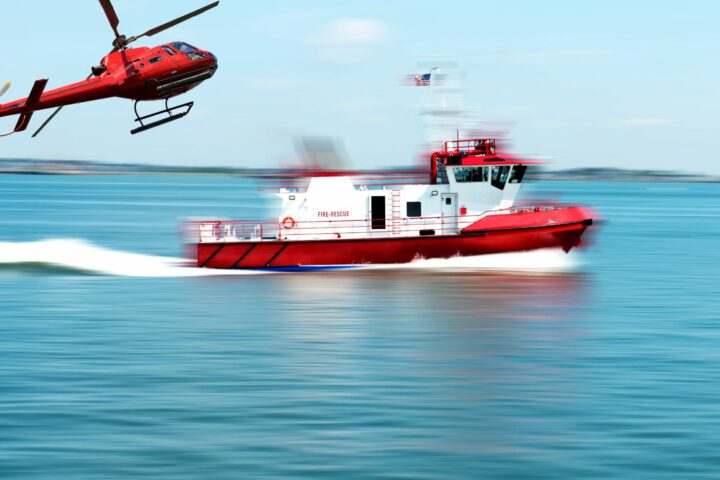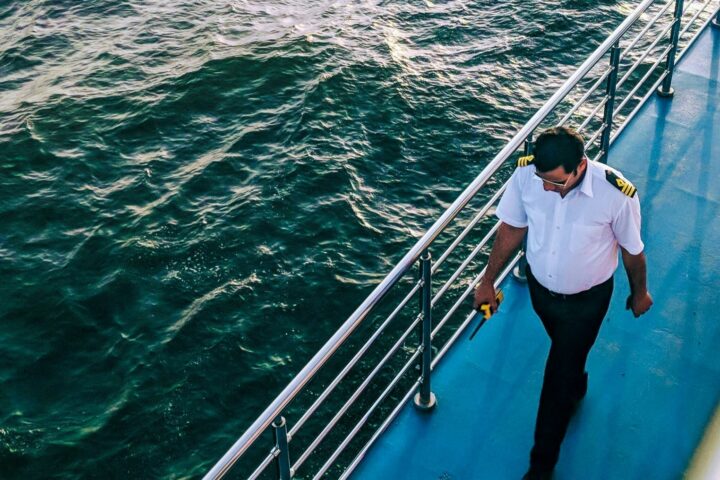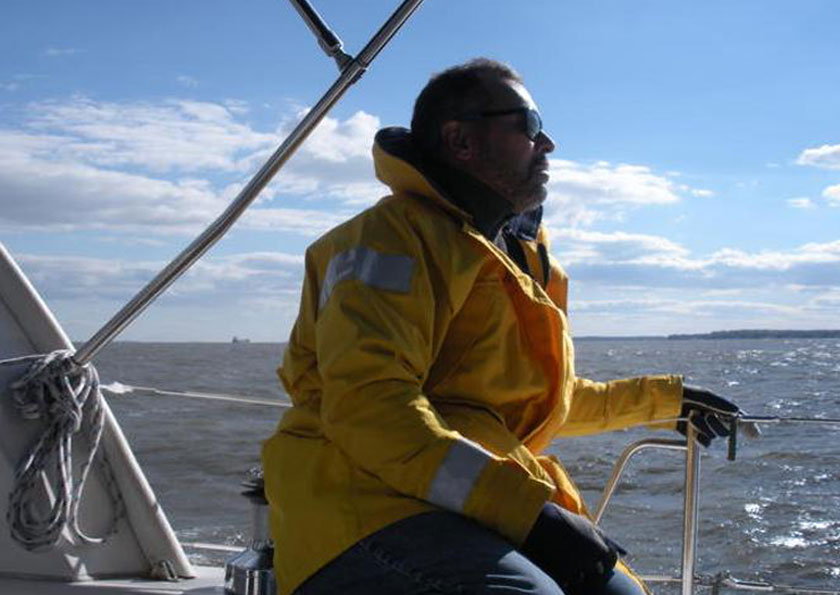
The love of being on the water and the constant search for new challenges brings a Chesapeake Bay sailor to an experience that he had not quite expected
Sometimes I think I came to my sailing life in reverse. What I mean is that I knew from the age of fifteen that I was drawn to ships and boat. They represent commerce and trade. They embody man’s efforts to coexist with the earth’s natural resources. And perhaps more than anything else, they represent transportation and travel.
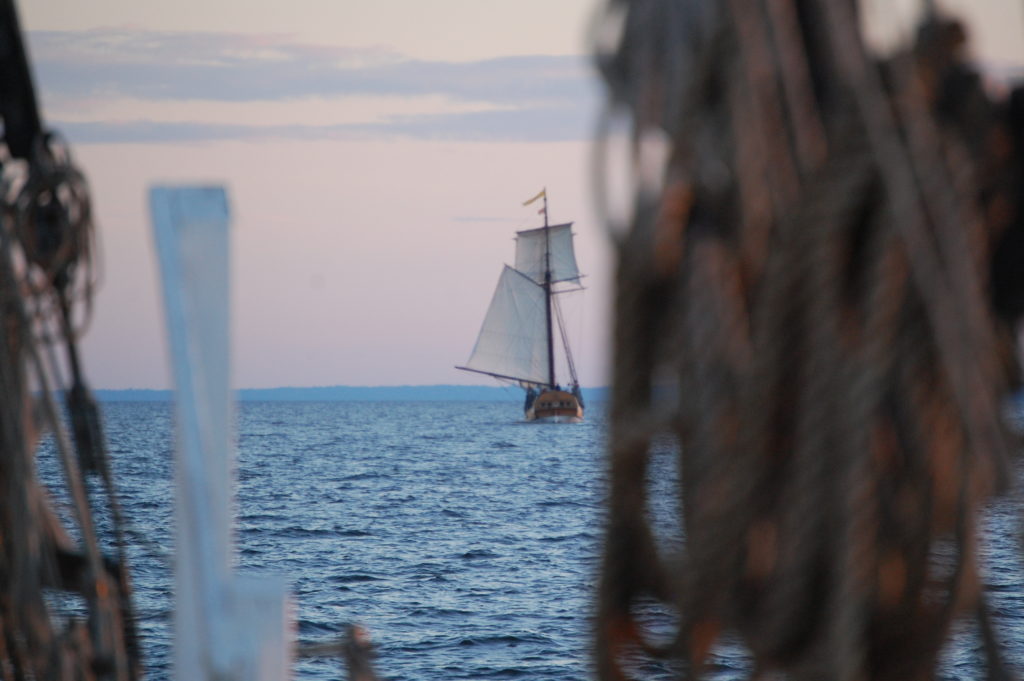 However it is only now as a middle-aged man that I see…and feel…just how appropriate it is that it has become my avocation as well as a developing vocation. This was never clearer than in the afterglow of my participation in the Great Chesapeake Bay Schooner Race of 2016.
However it is only now as a middle-aged man that I see…and feel…just how appropriate it is that it has become my avocation as well as a developing vocation. This was never clearer than in the afterglow of my participation in the Great Chesapeake Bay Schooner Race of 2016.
My ancestors arrived in this country before it was a country. Some saw the voyage from the weather deck and others shivered in fever and fear in the hold. Until I was a 30-something adult, I knew precious little of the English Chichesters except obviously the name.
When I returned to sailing regularly in the 1980’s after starting on an engineering career, I often heard…in the recesses of my genetic memory…the creaking of wooden planks, the stretch of natural fiber lines, and sometimes the muffled voices of human cargo.
The Chesapeake Bay was the economic heart of our nation in its earliest days and arguably still beats strongly with mercantile blood. It never fails to move me when I set sail in any direction on that greatest of estuaries.
Some think my passion on these issues is contrived or, at best, incomprehensible. Sometimes, it is not clear whether my own family fully appreciates what it is about sailing that moves me so. When I do speak on it, I speak plainly and I make no apologies. It is MY experience.
For the longest time, I enjoyed and reveled in my sailing and wondered if there might be other Black sailors of a like ilk. I inhaled books like David Wright’s Fire on the Beach, W. Jeffrey Bolster’s Black Jacks and, currently, “The Interesting Narrative of the Life of Olaudah Equiano, or Gustavus Vassa, the African”, an autobiography.
Black Jacks tells the history of African American seamen from the time of colonial America, not just as common crew but as navigators, pilots, and even ship masters. It was a history I had never known and I began feeling even more connected to my ancestors, even if only tangentially or in limited ways.
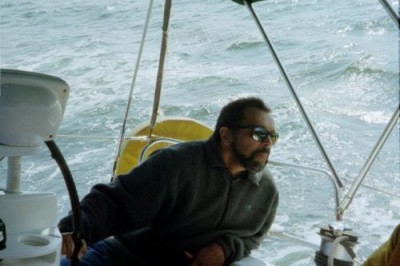 Purchasing a boat allowed me to finally meet the requirement of recent sea service and I thus qualified for my Merchant Mariner Credential (i.e., Captain’s license). I could now legally work as a professional mariner. Up to that point, very few accomplishments made me more proud.
Purchasing a boat allowed me to finally meet the requirement of recent sea service and I thus qualified for my Merchant Mariner Credential (i.e., Captain’s license). I could now legally work as a professional mariner. Up to that point, very few accomplishments made me more proud.
The internet allowed me to find other Black sailors who were my contemporaries. Some understood my focus on quality and professionalism. Capt. Bill Pinkney, Master Emeritus of the Freedom Schooner Amistad, was one of them.
I consider Capt. Bill a friend and a colleague. He encouraged me. He assured me that I was qualified and capable to serve as captain on nearly any of the East Coast schooners.
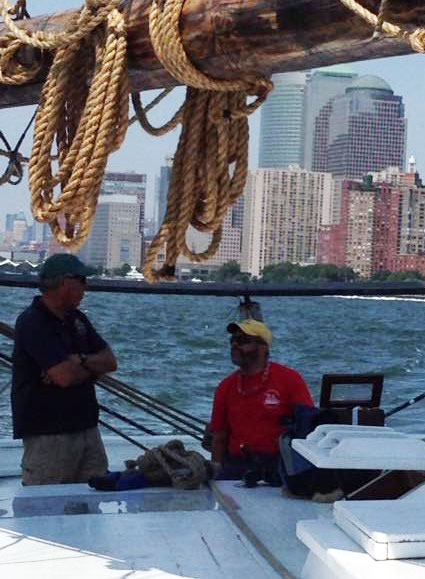 Now combine all that with a serendipitous request for my sailing credentials and I find myself on board the schooner A.J. Meerwald training under the guidance of Capt. Jesse Briggs of the Norfolk, Virginia Briggs to be one of his relief captains.
Now combine all that with a serendipitous request for my sailing credentials and I find myself on board the schooner A.J. Meerwald training under the guidance of Capt. Jesse Briggs of the Norfolk, Virginia Briggs to be one of his relief captains.
It was a thrilling season of getting to know the crew, boat handling, sail handling, history, and uncomplicated moments of unadulterated joy. After a few weeks of internal debate and an assessment of the workload at my engineering job, I decided to join the crew for the annual schooner race from Annapolis to Portsmouth, VA.
Night watches are as thrilling as they are frightening. The darkness reduces one’s perceptible world to just inside the lifelines, especially after the full moon has set. Fifteen feet of the aft end of main boom snapped off just behind the main sheet bail in the middle of the watch prior to mine. Leadership, training, and skill got us back on course in a remarkably short time. We sailed the rest of the night with just the foresail to keep the Meerwald balanced.
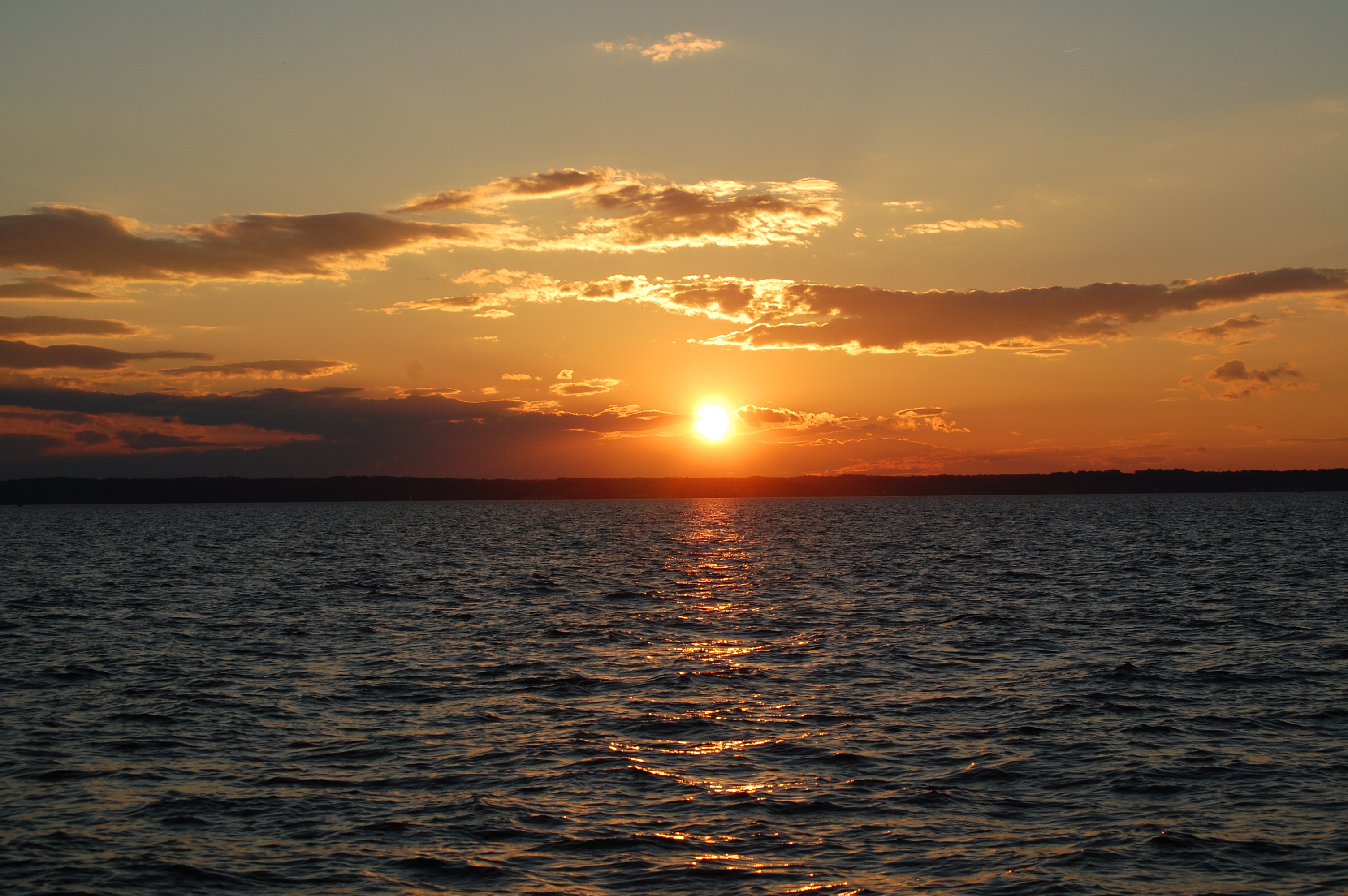
A chilly dawn glow crept up over the lower eastern shore of Virginia and the day watch set about jury-rigging the main. We crossed the finish line about 30 minutes less than 24 hours from the start and with all three sails set. I had the responsibility of piloting the Meerwald into one of the busiest harbors on the Chesapeake Bay. Warships, cargo vessels, and a few tugs towered over our deck.
It was another sailing first for me that caused my chest to swell with all the more pride.
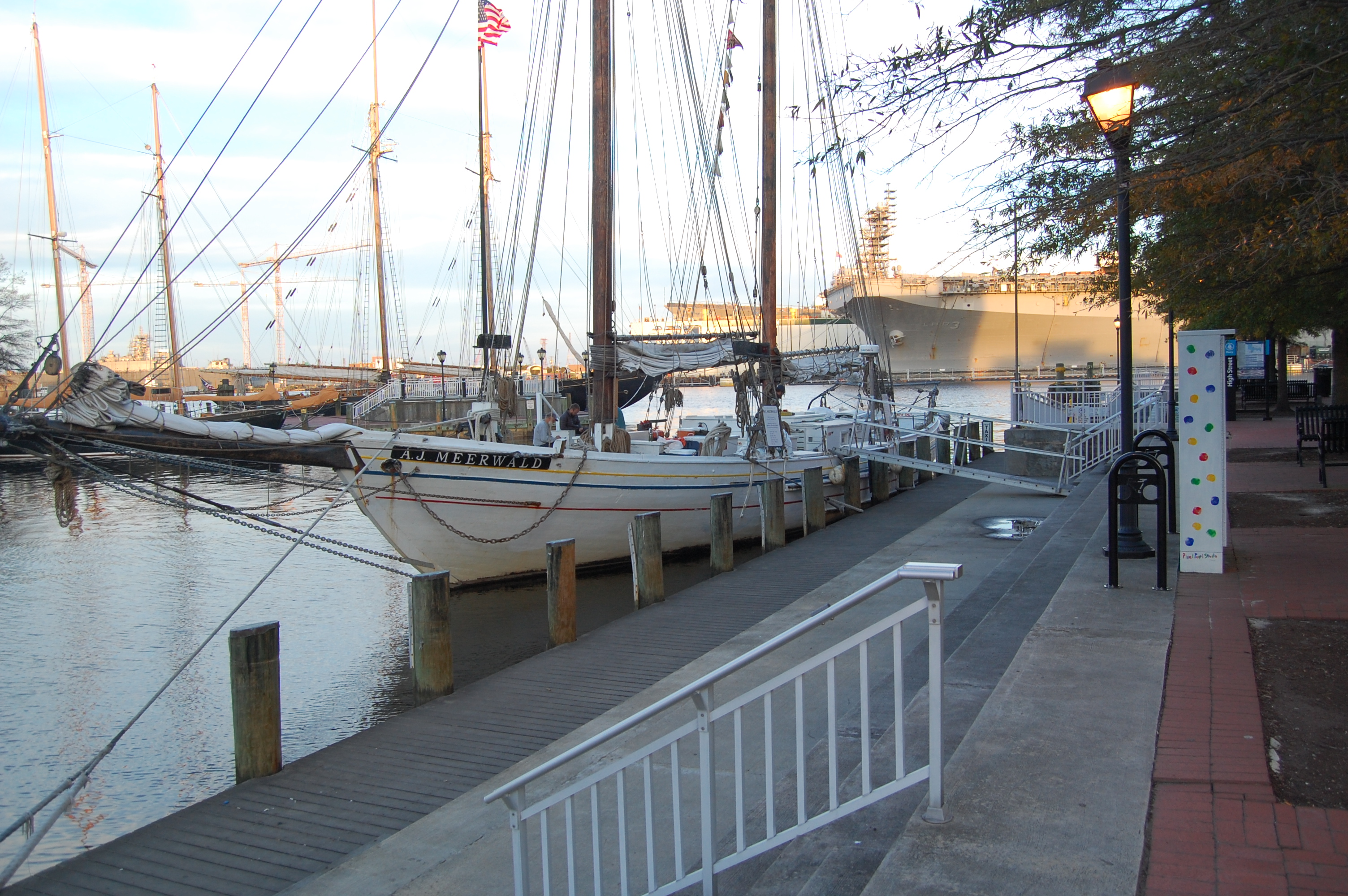
Saturday there were students visiting all the schooners berthed in Portsmouth. When I was their age, my eyes roamed like a modern day scanner trying to capture ALL there was to see and listening to ALL there was to know. It made me sad to see how many of these kids had a look of wishing to be anywhere else when this is EXACTLY where I wanted to be. Did they not know this is American history? Could they not feel this living thing we call a schooner vibrating and surging at her lines just beneath their feet? Underwhelmed with what stoked my passions, a few turned to their electronics.
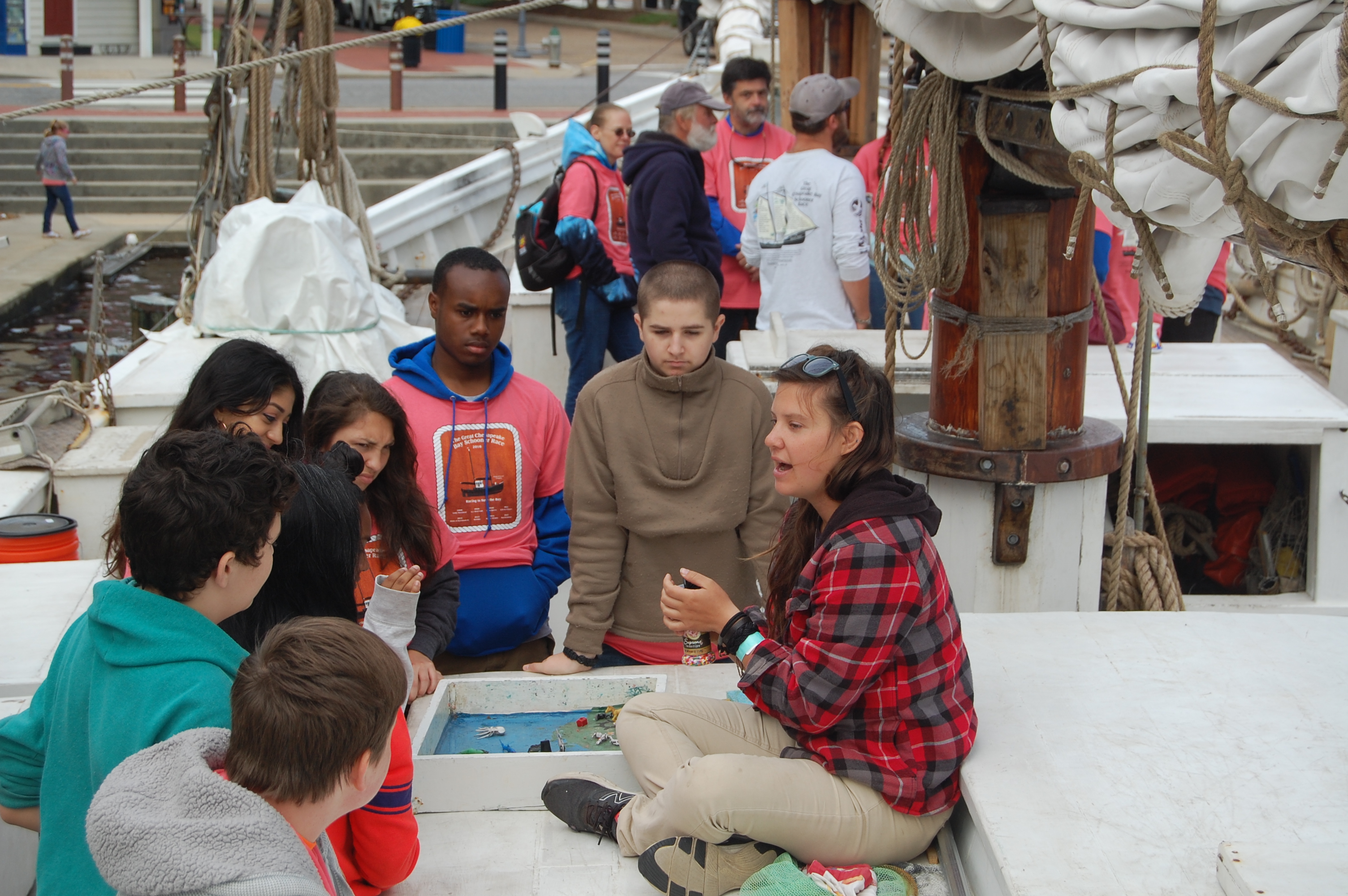
Early in the afternoon, the traditional post-race pig roast kicked off. It culminated with the race results and awards ceremony. Mind you, there were some 18 or so schooners in the race. There was all of their various shore support. There were the race committee, sponsors, and local officials. There were vendors, servers, and runners. There was the guy in the Greek fisherman cap and the one with the berserker haircut, tattoos, and bagpipes. There were fiddles and banjos.
It suddenly dawned on me that I was the only person of color participating in any capacity at this event.
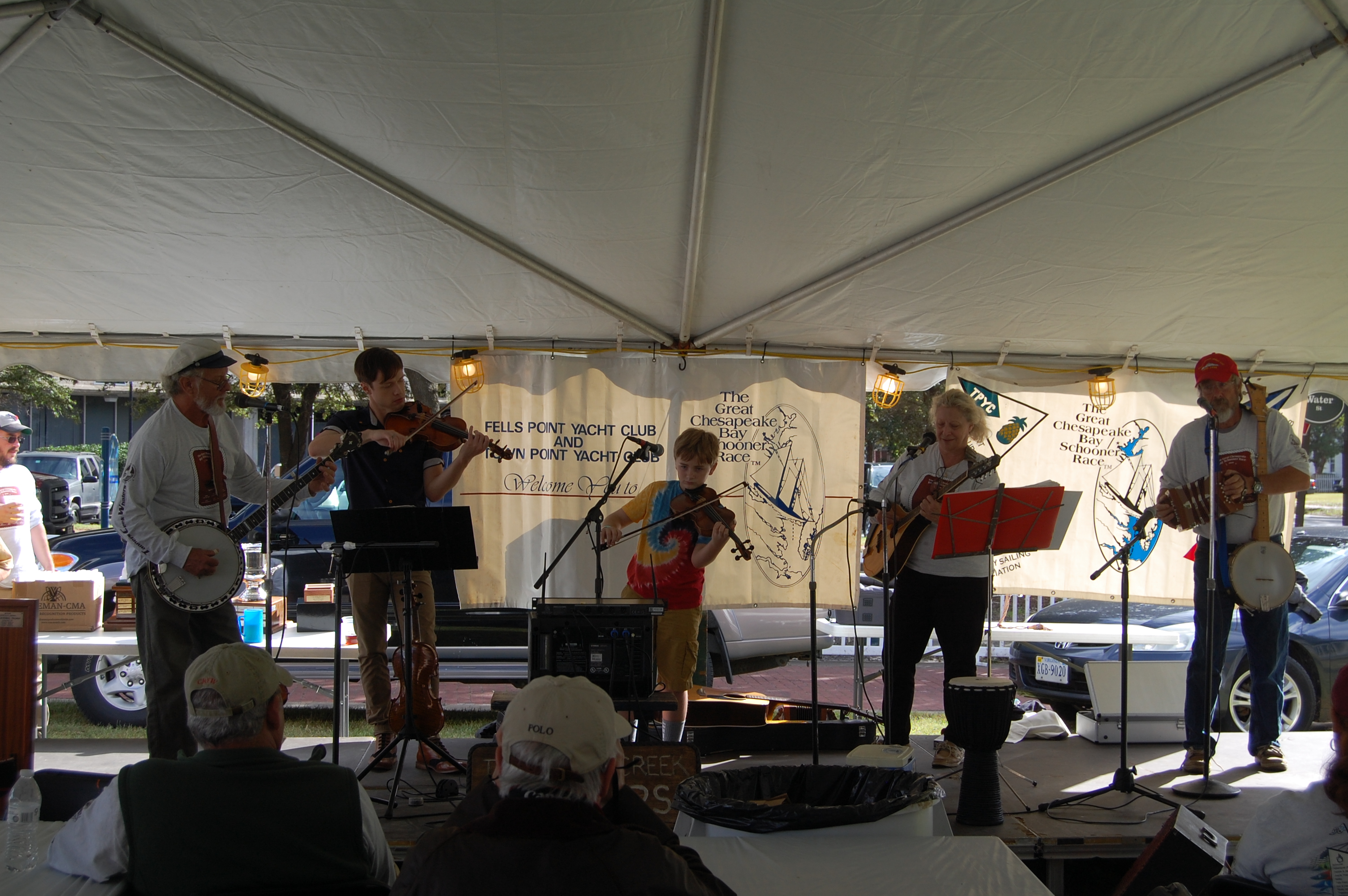
At first I felt oddly isolated…almost invisible. My initial emotion was sadness.
I shared my experiences with Capt. Pinkney by email when I got home and he informed me that, indeed, he and I were now the only two African-American schooner captains in America of which he was aware. It took me a couple of days to resolve the reason for my melancholy. People were being excluded from these experiences perhaps primarily by their lack of knowledge and exposure, however self-imposed it may be.
Indeed, if I had not been in the audience when the adult staff of the Chesapeake Lightship made their presentation on their environmental awareness program, I might have never known that a 15 year-old could work on a historic ship. And I might have never known that I had some ability with navigation, pilotage, and boat handling.
As if to put an exclamation point on this conclusion, I recalled a manager from one of the schooners walking through the crowd at the pig roast calling out “Looking for a full-time captain! Looking for a full-time captain!” Only the people in attendance heard her public and yet casual advertisement.
Please hear me clearly on this point: I am NOT accusing any one person or any organization of intentionally excluding anyone.
I am lamenting a general illiteracy of such things as sailing, schooners, the beautiful Chesapeake Bay, and how all of these things contribute to our collective histories! How can I fill this void? Who can teach that we were more than domestic and agricultural slaves?
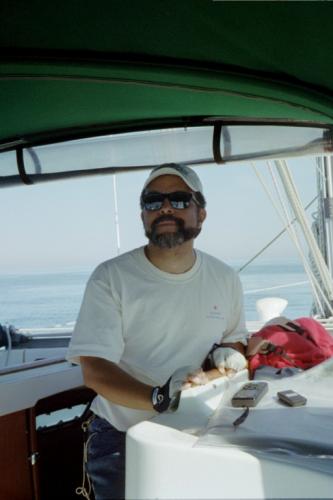 Some of us were piloting passengers, cargoes, and merchandise through some of the most challenging passages anywhere. We were reading stars, predicting weather, and reading the breaking waves to conduct ourselves and our charges safely and successfully. Even today, it is a noble and honorable profession.
Some of us were piloting passengers, cargoes, and merchandise through some of the most challenging passages anywhere. We were reading stars, predicting weather, and reading the breaking waves to conduct ourselves and our charges safely and successfully. Even today, it is a noble and honorable profession.
I am proud and made more complete for having discovered this part of me. I have to believe there are others like me. I will tell my story to those who will listen. I will encourage educators to broaden the discussion of history. I will ask my maritime colleagues to not just talk about their travels and techniques but to talk about themselves and their respective personal journeys.
It has been said that he who knows and knows not that he knows is asleep. Wake him.
Awaken…
Capt. Rob Chichester is training to be a relief Captain aboard the Schooner A.J. Meerwald, the state tallship of New Jersey. He also offers domestic and offshore sailing vacations and crewed yacht charters through Chesapeake Flotillas, LLC. Training and yacht relocation services are also available. For more information on any of this, visit www.chesapeakeflotillas.com.
Trending Now: Must-Have Boat Gear for Your Boat Life
Trending Now: Custom Boat Decor
-
Boat Pillow with Boat Name & LAT LONG Coordinates
Quick ViewBuy on Etsy -
Boat Pillow with Boat Name & LAT LONG Coordinates- Black
Quick ViewBuy on Etsy -
Coastal Blue Stripes Bathmat with Anchor & Boat Name
Quick ViewBuy on Etsy -
Custom Boat Mat with Boat Name & LAT LONG Coordinates
Quick ViewBuy on Etsy
Disclosure: This site may contain links affiliated with companies where we receive compensation. Also, as an Amazon Associate we may earn from qualifying purchases we refer but it does not impact the price you pay. Full disclosure policy.

